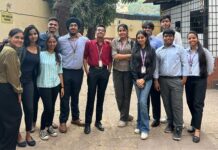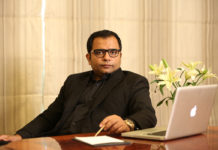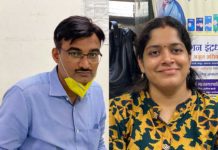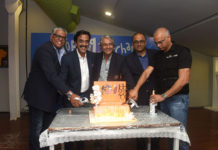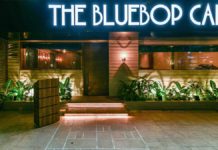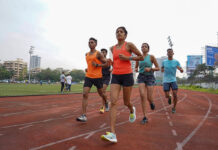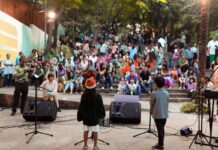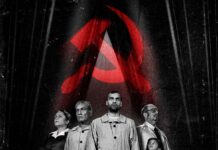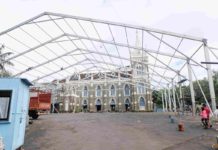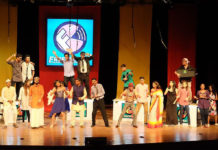“LGBT” stands for Lesbian, Gay, Bisexual, and Transgender. LGBT emphasises varied sexual and gender identity-based cultures. It is also used to refer to anyone who is non-heterosexual, instead of exclusively to people who are lesbian, gay, bisexual, or transgender.
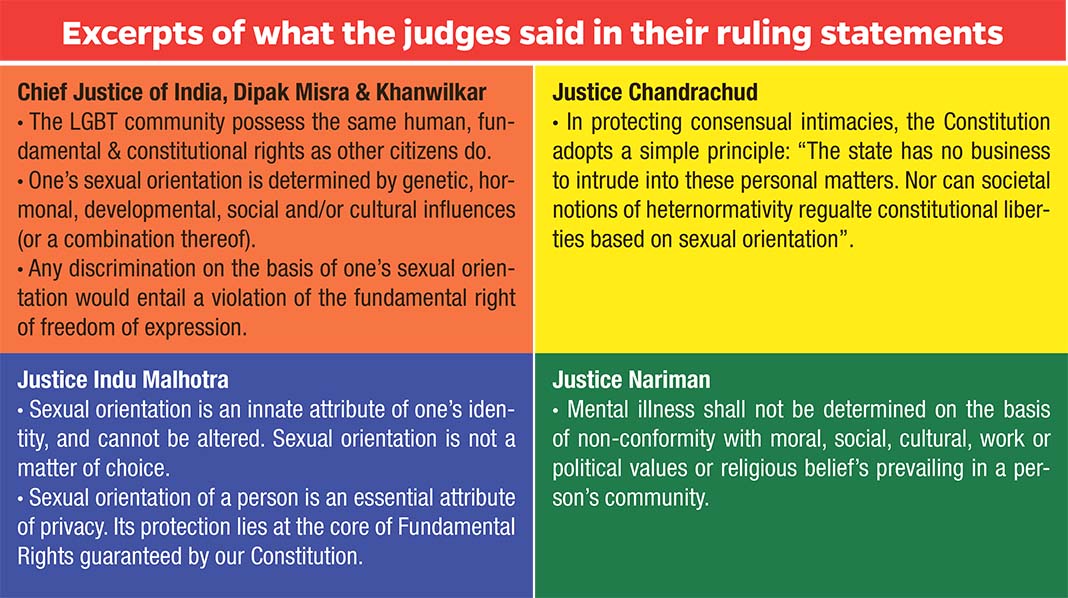
TIMELINE OF THE LGBT MOVEMENT IN INDIA:
Section 377 of the Indian Penal Code was introduced in 1861, by the British; to criminalise sexual activities “against the order of nature”. The fight for decriminalisation of the section 377,has been long and arduous. It started when AIDS activists took up the cause, way back in 1994. But the real legal battle started in 2001, when Naz Foundation filed a petition in the Delhi High Court, challenging Section 377. Since then, it has been a roller coaster ride.
In 2009, the Delhi High Court passed a landmark judgement decriminalising Section 377. Unfortunately, this was overturned by the Supreme Court in 2013. Then, in January 2018, after much efforts by various petitioners; the case was transferred to a bench of five judges of the Supreme Court, headed by the Chief Justice of India.
HISTORIC JUDGEMENT
On the historic day of Thursday, 6th September 2018, the five-member Supreme Court bench ruled that consensual adult homosexual sex is not a crime. Also, that sexual orientation is natural and people have no control over it.
ROLE OF DR. KERSI CHAVDA & THE INDIAN PSYCHIATRIC SOCIETY:
Some may think it is small, but a very important role was played by Dr. Kersi Chavda – a “Bandra Boy”. Dr. Chavda has been a psychiatrist for more than 35 years. He has been the president of the Bombay Psychiatric Society, and the Chairperson of the task force for school psychiatry and counselling. He was also a member of various other task forces under the umbrella of the Indian Psychiatric Society (IPS).
Two years ago, the IPS set up a task force to deal with issues related to the LGBT community. Dr. Chavda took over as Chairperson of the task force, in March 2018; along with his colleagues Dr. Amrit Pattajoshi, as Co-Chairperson, and Dr. Avinash DeSousa, as Convener. The task force worked tirelessly and relentlessly, in their efforts to spread awareness and sensitise the public towards the LGBT community through seminars, training for medicos and non-medicos, and dissemination of scientific information, aimed at de-stigmatisation of the LGBT community.
Simultaneously, in view of the upcoming Supreme Court hearing on Section 377, the task force had a series of interactions with the Executive Committee (EC) of the IPS, to issue a public position statement in support of the LGBT community, which was in tune with the American Psychological Psychiatric Society and the International Classification of Diseases by the World Health Organisation (WHO).
The public position statement of the IPS stated that members of the LGBT community were not suffering from any kind of mental disorder, and that same sex sexuality is a normal variant of human sexuality, much like heterosexuality. The IPS further stated that there is no scientific evidence that sexual orientation can be altered by any treatment. In conclusion, the IPS extended their total support for the decriminalisation of homosexual behaviour.
TO CONCLUDE:
This historic judgement by the Supreme Court is just the beginning. It is the start in the series of steps towards ensuring full liberty, equality and emancipation of the LGBT community. Matters such as same sex marriage, child adoption, inheritance, insurance and so many more issues are yet to be addressed. As Dr. Chavda pointed out that this will take several years and will need the support of the government, the judiciary, the politicians, the religious bodies, and the society to sort out these issues.
Family and friends have often used a method of “Corrective Rape”, to try to “convert” a male or female homosexual person to heterosexuality. With immediate effect, on cases such as these and other forms of harassment or blackmail; the members of the LGBT community can now approach the law enforcement authorities and register such offenses, seeking justice from the law.
In the words of Dr. Chavda, “We can be optimistic, that while it will take many years to achieve total inclusiveness of the LGBT community in our society; the process has now started – and it is irreversible. And, however long it may take – it is now, just a matter of time.
Porus D. Tavadia





